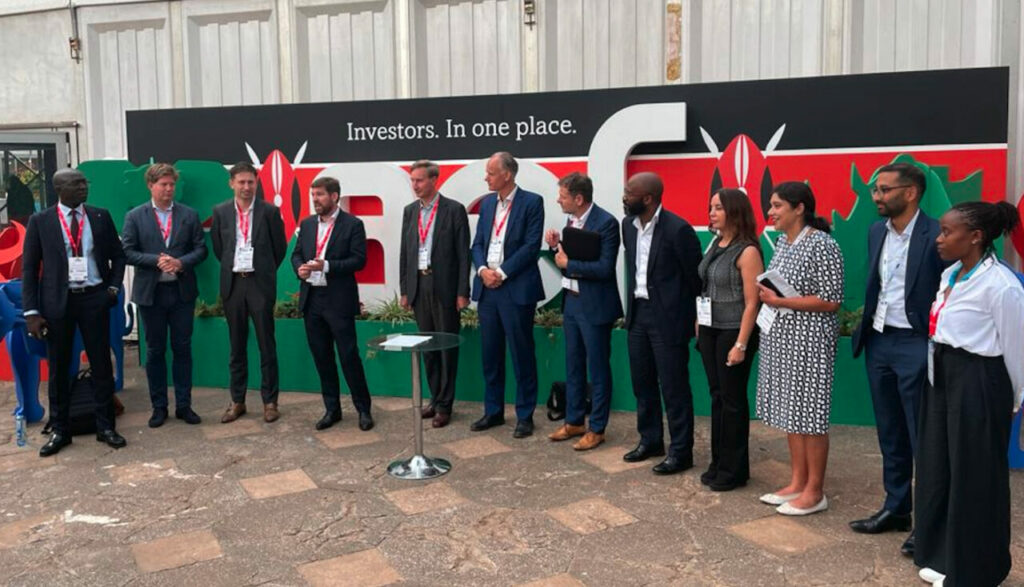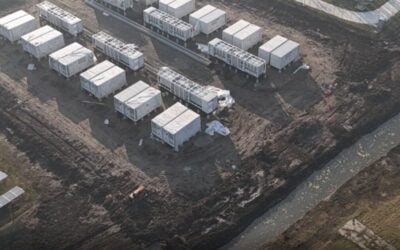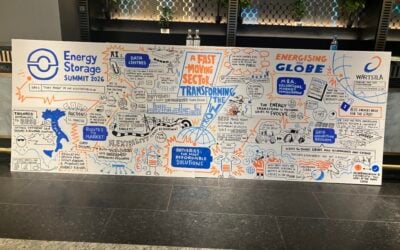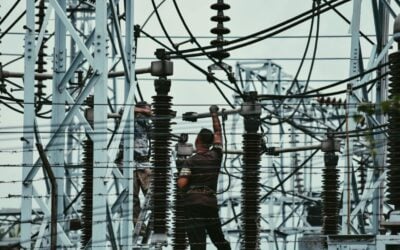
Finance institutions FMO and PIDG will finance a first battery storage project in Senegal dedicated to frequency regulation, the first in the region, project developer Africa REN claimed.
Africa REN announced the €32 million (US$35 million) financing agreement with Dutch development bank FMO and the multi-donor Private Infrastructure Development Group (PIDG) for its Walo Storage project, which also includes solar PV, in Senegal last week (21 June).
The developer claimed it is the first battery storage project in West Africa dedicated to frequency regulation, and will provide stability to the local grid in the face of limited spinning reserves and intermittent renewable generation. Specifically it will provide ancillary services to national utility company Senelec under a 20-year take-or-pay PPA.
Although the financing announcement didn’t spell out the size of the project, Africa REN’s project page says it combines 16MW of solar PV and a 10MW/20MWh battery energy storage system (BESS). It will use lithium-ion batteries while the remainder of the project combines monocrystalline modules, a single axis tracker system and string inverters.
Try Premium for just $1
- Full premium access for the first month at only $1
- Converts to an annual rate after 30 days unless cancelled
- Cancel anytime during the trial period
Premium Benefits
- Expert industry analysis and interviews
- Digital access to PV Tech Power journal
- Exclusive event discounts
Or get the full Premium subscription right away
Or continue reading this article for free
Tidiane Doucoure, Director at Ninety One said: “Within six years, Senegal has successfully installed
nearly 25% of the country’s energy mix from renewable energy sources. This rapid deployment of renewable energy in the grid has accelerated the needs for large-scale battery storage.”
The financing will be made up of three loans and one portion of viability gap funding (VGF). FMO will provide a €11 million loan directly and another €8 million loan through the Access to Energy Fund, a sustainable energy-focused vehicle it manages on behalf of the Dutch government.
PIDG will provide €11 million loan through its Emerging Africa Infrastructure Fund (EAIF) as well as US$1.5 million of VGF (the latter figure was given in dollars) through PIDG Technical Assistance.
It is targeting a commissioning date in 2023 while the technology providers haven’t been revealed.
The project, in Bokhol near the border with Mauritania, will increase the current spinning reserve by 40%, Africa REN said, and will also provide services like island operation and black-start capabilities.
Although not claimed, the project could be the largest BESS in Senegal when it comes online. There have been various reports about a 160-175MWh BESS co-located with a wind farm, for which a feasibility study was announced in 2021, but no firm project announcement has come since.





